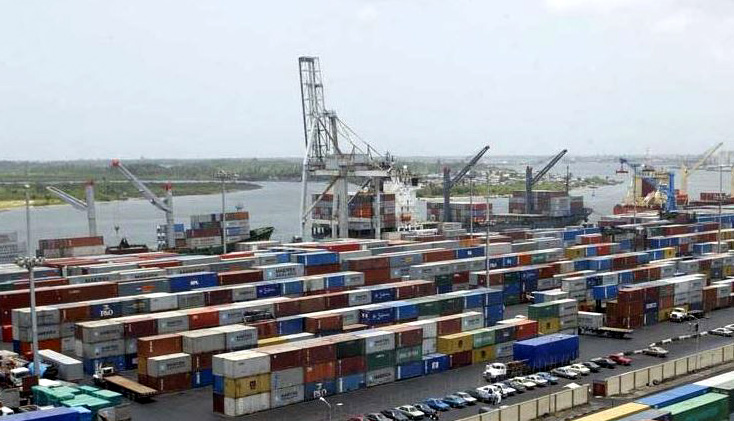The Shippers’ Association Lagos State on Tuesday said 50 per cent of cargoes meant for Nigerian ports were being diverted to Cotonou port in Benin Republic as a result of the Central Bank’s forex restriction on some imported items.
Jonathan Nicol, president of the association, made the disclosure in an interview with NAN in Lagos.
He said many Nigerian shippers had diverted their cargoes to the ports in the Republic of Benin since the policy started, adding that there were less restrictions on imports in the West African country.
Nicol said the development had deprived Nigeria a lot of revenue, urging the federal government to ease the policy to boost revenue.
Advertisement
“When the CBN forex restriction policy came into being, we appealed to the federal government to review the policy and remove some critical items because it is hurting our business and the country’s revenue,” he said.
“The reflection of that restriction is beginning to show up because we are having less cargoes in our ports.
“Rather than shippers bringing their cargoes to Lagos, they prefer Cotonou and they do their foreign transactions there because Benin Republic does not have such restrictions as we have.
Advertisement
“In fact, our country has been depleting in cargoes to the extent that we have lost 50 per cent cargoes to the Republic of Benin, helping to make the Cotonou ports the largest in West Africa.
“The federal government should kindly remove some critical items from the list to boost shipping business in the country and attract revenue to the country.”
Nicol also complained about “the incursion of foreign shipping lines” into the freight forwarding business in the country, saying the development was not good for the economy.
“If foreigners with better resources and expertise are allowed to intrude into the business, it might render no fewer than 100,000 Nigerian freight forwarders jobless,” he said.
Advertisement
“We do not understand why a foreigner will suddenly come from nowhere, claiming to be a Nigerian company and make incursion into the freight forwarding business.
“Many Nigerians are engaged in this area and we think we might lose about 100,000 jobs to this problem. The federal government has a Council for the Regulation of Freight Forwarding in Nigeria (CRFFN) and the mandate of the council is to train freight forwarders on the best standards.
“Since we have people who can do this job locally, I do not think we should tolerate foreigners. The government should ensure the business is reserved for our people to protect their jobs.”
He also urged Nigerians who backed the foreigners dominating the local freight forwarding business to have a rethink.
Advertisement
Add a comment






